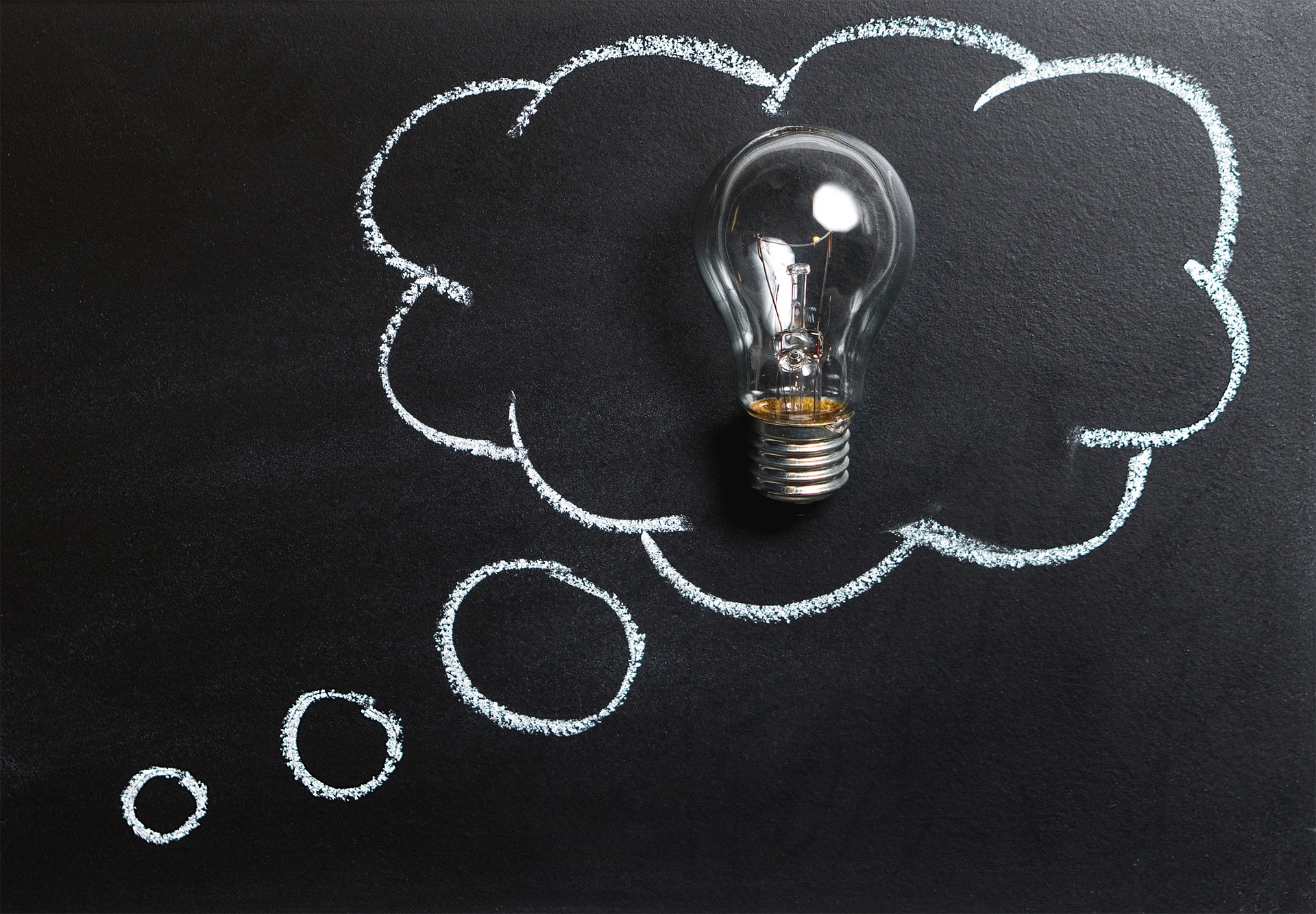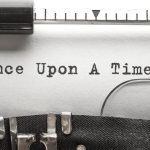I used to think I wasn’t smart. It probably wasn’t until my Ph.D. work pushed me to what I considered the limits of my abilities that I realized I could learn anything if I tried hard enough.
Still the idea of not being smart enough was in my head. It still is today.
I’m not sure where this limiting belief originated, but it hangs on.
Beliefs are hidden scripts we’ve decided are true that run our lives, wrote Marie Forleo’s in her book, Everything Is Figureoutable.
I’m sure we all have things we believe about ourselves that just aren’t true. Those beliefs may be holding us back from accomplishing a dream.
“If you want to solve a problem or achieve a dream, you have to make a belief-level change,” Forleo wrote.
Our beliefs, according to Forleo:
- determine how we respond to crises, criticisms and opportunities,
- control what we notice or focus on, what it means and what to do about it, and
- affect us physically, emotionally, spiritually, financially, intellectually, and culturally.
In other words, what we believe becomes our reality.
“Beliefs create behaviors. The culmination of those behaviors adds up to your entire life,” Forleo wrote.
You could say that, although the thought is still there, earning my Ph.D. helped change my beliefs. I still don’t believe I’m naturally intelligent, but I absolutely believe that I can learn or do anything I set my mind to. But my belief could have been limiting, if I wasn’t so stubborn.

It makes you wonder where these life-shaping ideas originate. Some of our most pivotal beliefs are forged during significant emotional experiences, many of which happen in childhood, Forleo wrote. She said beliefs are established in five ways:
1. Environment
Our environment, especially growing up, programs our brains with beliefs about everything, Forleo wrote.
Most of our deeply held convictions are hand-me downs. They’re things we learn from others and just accept. We didn’t examine, question or choose them ourselves. Many of them are counterproductive to what we’re trying to achieve.”
This idea of blindly accepting beliefs was a game changer for me. It made me realize that one of the things I love most about being an educator, watching students grow into themselves, is a direct result of them challenging beliefs they’ve had their entire lives to that point.
2. Experience
Direct experiences stack up and become part of our identity, Forleo wrote.
These experiences are impactful because they offer confirmation bias, reinforcing our current beliefs through examples.
This is the closest explanation I can think of as to why I might have questioned my own intelligence. I think it may have been causes by a series of insignificant academic challenges along the way.
3. Evidence
We take thoughts and ideologies from authority figures and accept them as truth, Forleo wrote.
This also may be a reason people change their beliefs. When science, culture and ways of thinking advance, so do our beliefs.
4. Examples
Our role models expand our beliefs. We find people who challenge our ways of thinking an push us to drop limiting beliefs.
Everyone wave to my Ph.D. adviser.
5. Envisioning
We devote ourselves to making a belief a reality by seeing what could be, instead of what is.
All beliefs, good or bad, are choices, which can be changed, altered, erased, or replaced. All you have to do is recognize them and take action. As Forleo wrote:
The most powerful words in the universe are the ones you say to yourself.”



